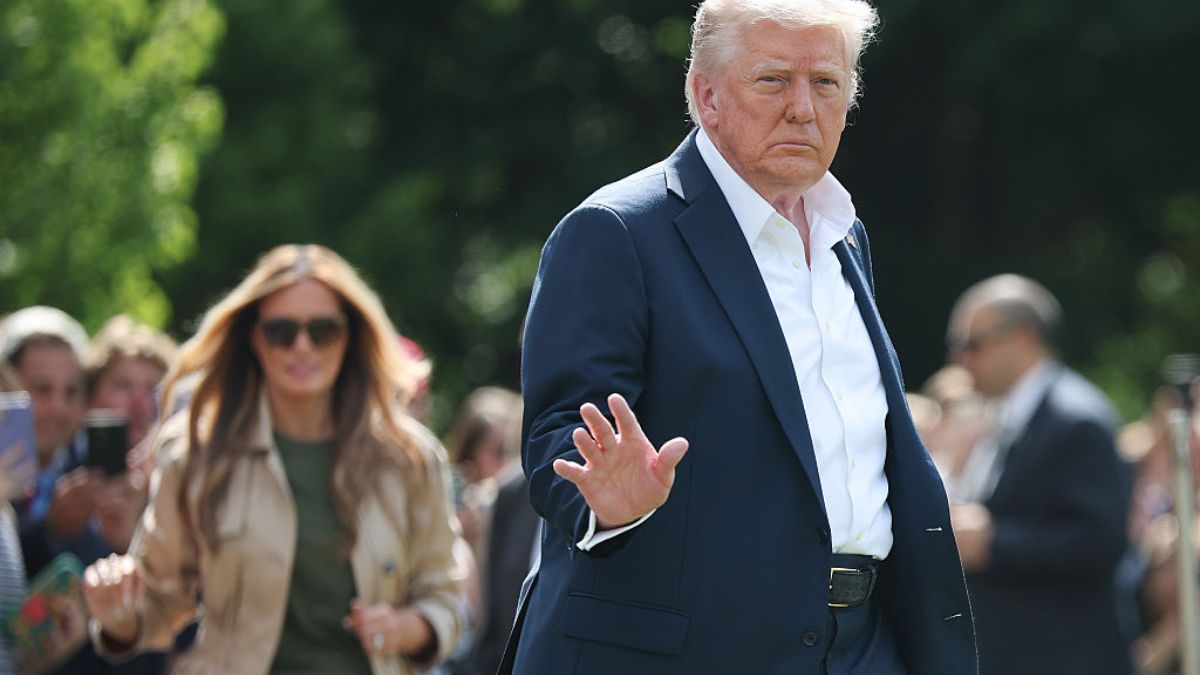
Congressional Republicans are facing internal conflicts over President Donald Trump’s proposed DOGE spending cuts for foreign aid and public broadcasting. With a crucial July 18 deadline approaching, the party is struggling to unite behind the $9.4 billion cuts package.
The proposal aims to reduce funding for various programs, including $1.1 billion from local broadcasting stations like NPR and PBS, though critics note these DOGE cuts will have minimal impact on the massive federal budget deficit. It also targets global health initiatives, such as President George W. Bush’s PEPFAR program to fight AIDS.
According to CNN, Trump has taken a firm stance against potential Republican opposition, stating on Truth Social, “Any Republican that votes to allow this monstrosity to continue broadcasting will not have my support or Endorsement.” This move puts significant pressure on party members who might be considering voting against the cuts.
Senate Republicans seek changes as rural states voice concerns
Several key Republican senators have expressed concerns about the proposed cuts. Senate Appropriations Chair Susan Collins has openly opposed the $400 million reduction to PEPFAR, calling it “extraordinarily ill-advised and shortsighted.” Collins also supports some public broadcasting funding but specifically opposes money for NPR, citing its “partisan bent.”
Senate plans to vote this week on the House-passed rescissions package, cutting $9.4B in foreign aid and public broadcasting from previously approved funding by Congress, the first round of DOGE spending cuts requested by the White House. @cspan 2 pic.twitter.com/mPtd8hJwkA
— Craig Caplan (@CraigCaplan) July 14, 2025
Senator Mike Rounds of South Dakota has raised concerns about the impact on rural radio stations, particularly those serving Native American reservations. He stated he cannot support the package until issues regarding rural radio station funding are resolved, as these stations receive about 90 percent of their funding through this process.
The White House’s budget chief, Russ Vought, is using a special ‘rescission’ mechanism to push these cuts through, allowing the Senate to bypass the filibuster, though legal experts have questioned whether many of Elon Musk’s proposed DOGE cuts are actually legal. This approach failed during Trump’s first term when the Senate voted down a similar $15 billion cuts package.
Democrats have strongly opposed these moves, with Senate Majority Leader Chuck Schumer warning that such actions could harm bipartisan cooperation ahead of September’s government funding deadline. Schumer emphasized that Democrats won’t support government funding if Republicans break from previous bipartisan agreements.







